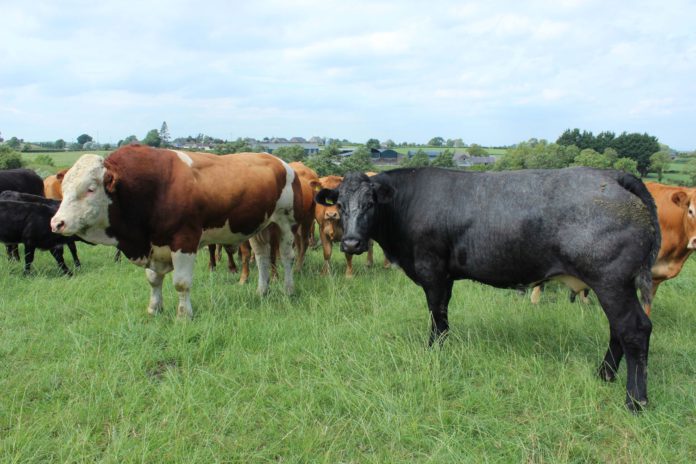Researchers have urged policymakers to incorporate individual farmers’ actions when forming policies to tackle livestock disease outbreaks.
The appeal comes in response to new research suggesting that livestock diseases will be “better managed” by incorporating individual farmers’ behaviours into national infection control policies.
The findings have arisen from the latest BBSRC-funded Farmer-led Epidemic and Endemic Disease -management (FEED) project.
The interdisciplinary research group includes vets, mathematical modellers, epidemiologists and behavioural scientists from the Universities of Warwick and Nottingham.
The journal PLOS Computational Biology, has published the paper entitled, “Modelling livestock infectious disease control policy under differing social perspectives on vaccination behaviour”.
Disease outbreaks
Researchers examined the optimal behaviours each farmer can follow during a disease outbreak, which can help them to not only lessen their own immediate costs but also slow the spread of infection and reduce losses for the whole industry.
The research team simulated livestock disease outbreaks in several scenarios and worked out how to reach the best outcome.
It explored the perspective of both government policymakers and farmers.
In their models, researchers analysed representative livestock systems in Devon and Cumbria.
They looked at the outcomes of various potential disease outbreaks and the actions that farmers may take.
They pointed to vaccinating animals as a precaution; as a reaction, or not vaccinating at all, as an example.
Animal welfare and keeping industry afloat
Besides, researchers found that what one individual farmer may consider the most effective way to reduce infection risk in their own livestock may not have the same benefit for other farmers.
Furthermore, researchers found that during a livestock infection, each farmer’s response could be “critical” to protecting animal welfare nationally and keeping the farming industry “afloat”.
Therefore, researchers concluded that individual farmers’ actions should be considered in any major policy framework for tackling future livestock disease outbreaks.
Now, researchers “would like to” build strong ties between the data it has gathered on farmer beliefs and the structure of models containing disease spread and behavioural dynamics.
Other local, national and international farming/agricultural news articles on That’s Farming – www.thatsfarming.com





